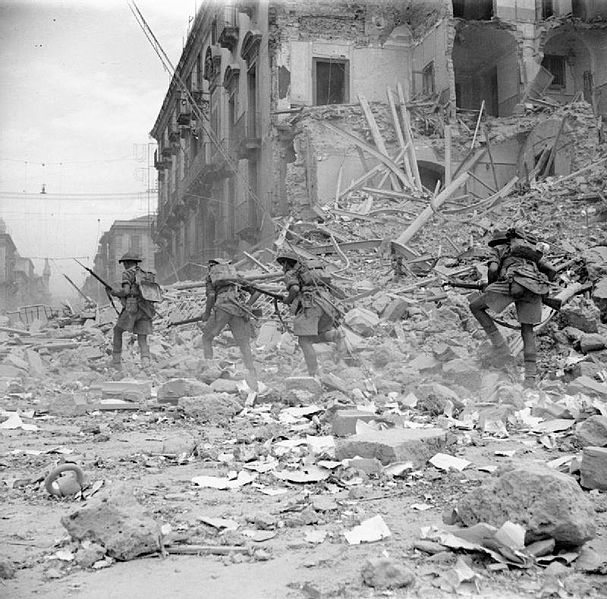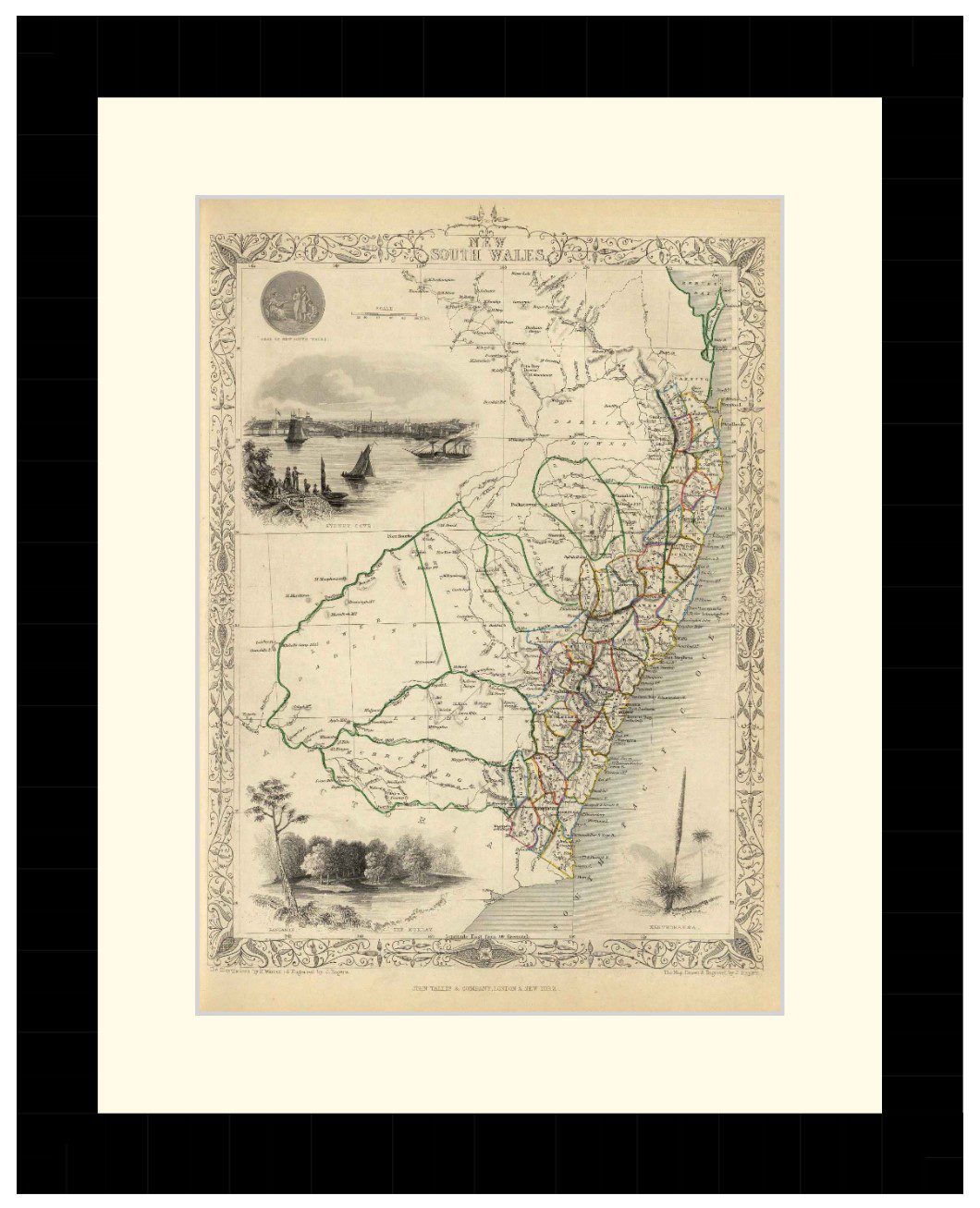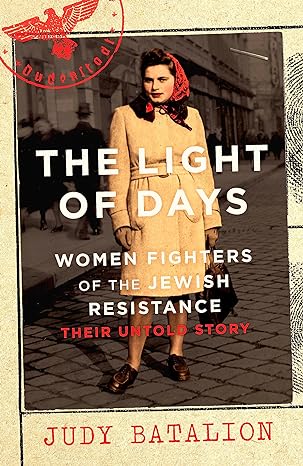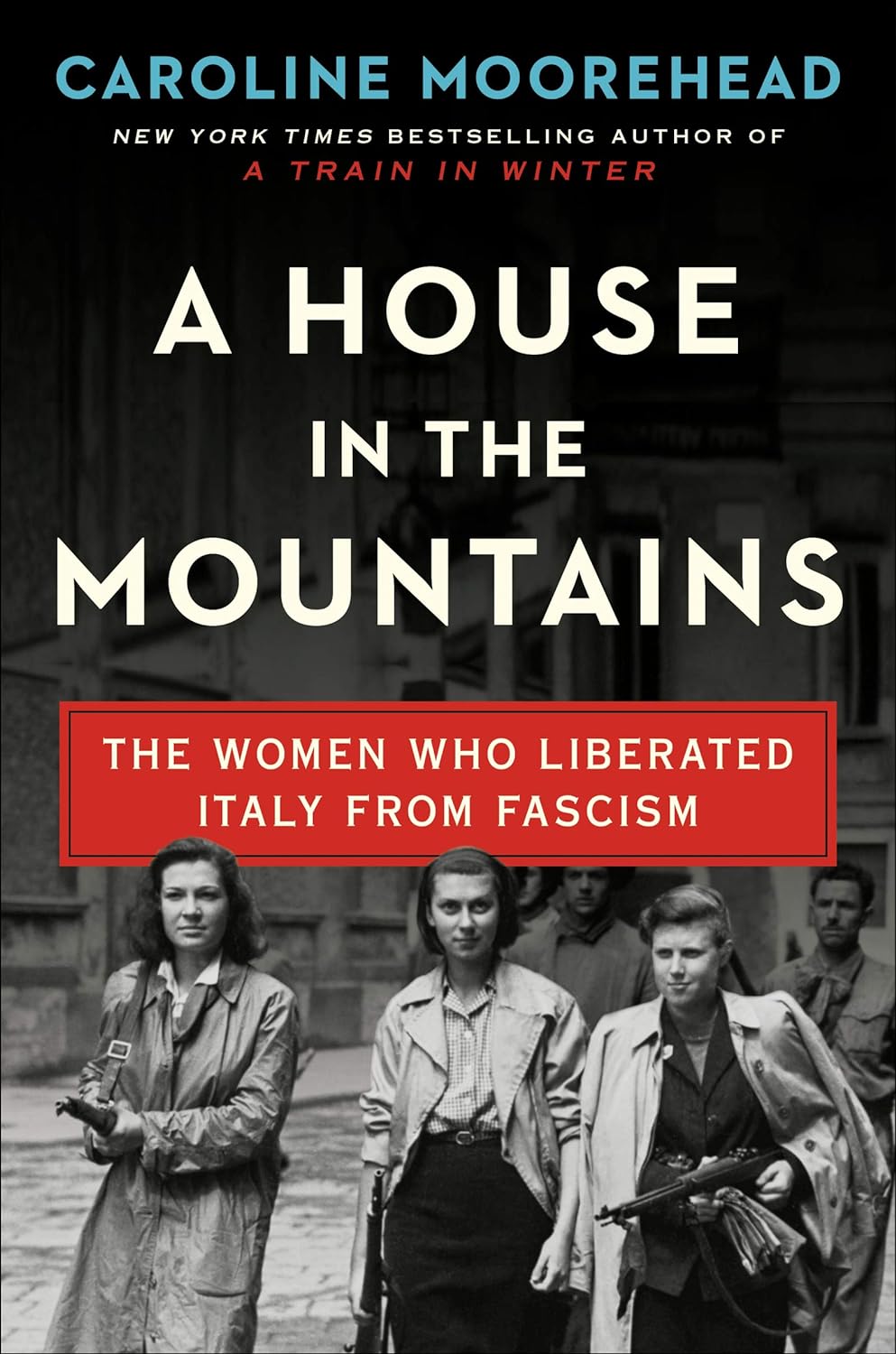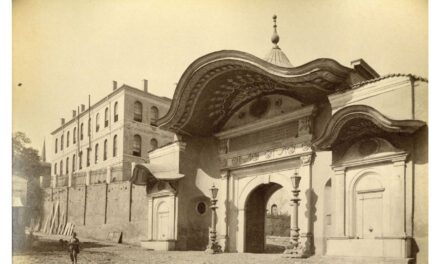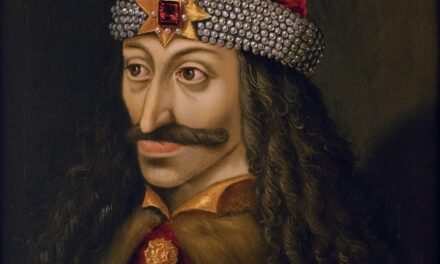History Guild General History Quiz 180
See how your history knowledge stacks up!
Want to know more about any of the questions? Scroll down to learn more!
Have an idea for a question? Suggest it here and we’ll include it in a future quiz!
The stories behind the questions
1. When did Allied forces launch their invasion of Sicily during WW2?
July 1943 – Known as Operation Husky, a joint British, Commonwealth and American operation which saw the air and sea landing on Sicily of almost half a million soldiers. The campaign lasted six weeks, pushing the German and Italian forces off the island. Many lessons were learnt that were used in the June 1944 Normandy landings.
2. Which year saw many violent revolutions occur in countries across Europe?
1848 – Major revolutions occurred in France, the Netherlands, Italy, the Austrian Empire, and the states of the German Confederation, with more minor uprisings occurring in dozens of other countries. The revolutions were disparate, with different contributing causes in different countries.
3. Where did the Zionist movement propose as potential locations for a Jewish state?
All of the above – While Palestine became the eventual location for a Jewish state, it was far from a sure thing that this is where it would be located. The Jewish Colonisation Association assisted predominantly Eastern European Jews to move to Argentina in the hopes of establishing a Jewish state there in the late 1800s. In 1903, British Colonial Secretary Joseph Chamberlain offered 13,000 sq km of the Uganda Protectorate for Jewish settlement in Great Britain’s East African colonies. While the World Zionist Organization’s Congress was open to the idea, they decided against it because of opposition by the current Maasai inhabitants, as well as the presence of a large number of lions!
4. Built in 1726, destroyed in 1945 and rebuilt in 1993, where is the building shown below located?

Dresden – The Dresden Frauenkirche featured one of the largest domes in Europe. It was destroyed by the Allied firebombing raid on the 13th of February, 1945. Its restoration was begun after the reunification of Germany and completed in 2005.
5. When was the Julian Calendar, the first to incorporate leap years, introduced?
45 BCE – The Julian calendar, named after Julius Caesar’s reforms of 46/45 BCE, approximated the solar year to 365.25 days and inserted an extra day each four years. That left a rather annoying 11 and a bit minutes unaccounted for. This remained until Pope Gregory reformed the calendar in 1582.
6. When was the London ‘Gin Craze’?
1700-1750 – Gin provided an alternative to French brandy at a time of both political and religious conflict between Britain and France. In the 1690’s the British Government restricted brandy imports and encouraged gin production. This coincided with the price of food dropped and incomes increasing, allowing poor people to opportunity to buy spirits in greater quantities. This caused a moral panic, which the Government reacted to by passing legislation to control the consumption of gin in 1729, 1736, 1743, 1747 and 1751.
7. What is the Rig Veda?
The oldest of the four Hindu sacred texts – A sacred Hindu text with, among other things, mythological and poetical accounts of the origin of the world. It was likely composed between 1500 and 1000 BCE.
8. Which French Monarch was deposed and executed in 1793?
Louis XVI – After a trial before the French National Convention in which all he was unanimously found guilty, a small majority of deputies voted he be sentenced to death. He was executed by Guillotine on the 21st January 1793, now simply named Citoyen (Citizen) Louis Capet. His wife, Marie Antoinette, was tried separately and guillotined on the 16th of October 1793.
9. Which of these languages is most closely related to French?
Portuguese – French and Portuguese are both Romance languages, derived from Latin. English and German are both Germanic languages, Breton is a Celtic language. Read more about how Europe developed such a wide range of languages.
10. How did Italian dictator Benito Mussolini die?
Shot by Italian civilians – Mussolini was shot by Walter Audisio, a communist partisan, on 28 April 1945 after attempting to flee Northern Italy and being captured by a group of partisans.

